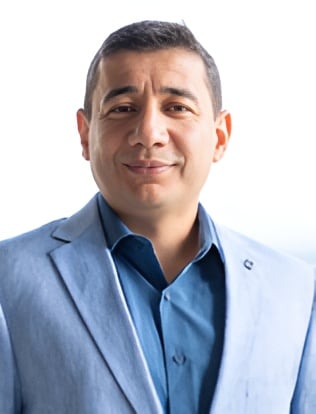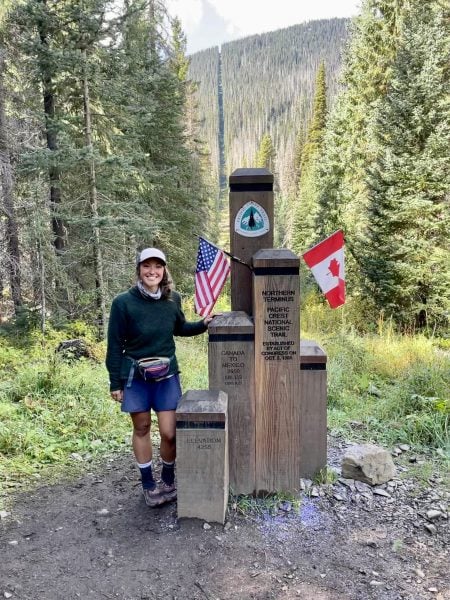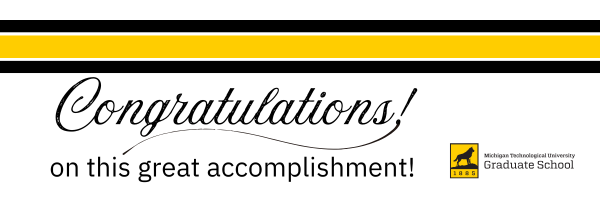
We’re proud to feature Michigan Tech alumnus Khalid Samady. His leadership and talent were recently recognized when he was listed on the Alabama Associated General Contractors (AGC) “40 Under 40” for 2025.
Originally from Kabul, Afghanistan, Khalid’s journey to Michigan Tech was made possible by a prestigious Fulbright Scholarship. His talent was recognized early in his career with Caddell, and he has continued to excel since graduating with his master’s degree in civil engineering. He now serves as a warranty coordinator on their international team and is a key member of the company’s technology research and development and QAQC database development teams.
Beyond his professional achievements, Khalid is deeply committed to giving back to his community. He volunteers with several inspiring organizations:
- Caddell’s Meals on Wheels Program: Providing home repairs for low-income homeowners, particularly seniors, veterans, and people with disabilities.
- Rebuilding Together in the River Region: Providing home repairs for low-income homeowners, particularly seniors, veterans, and people with disabilities.
- Pathful Connect: Connecting with high school and college students to share his passion for engineering.
Khalid’s story is a testament to the power of education and the importance of using one’s skills to make a difference. We’re honored to call him a Michigan Tech Husky!
Read more in the Alabama Associated General Contractors (AGC) “40 Under 40” for 2025 Article featured in the Business Alabama Magazine.

